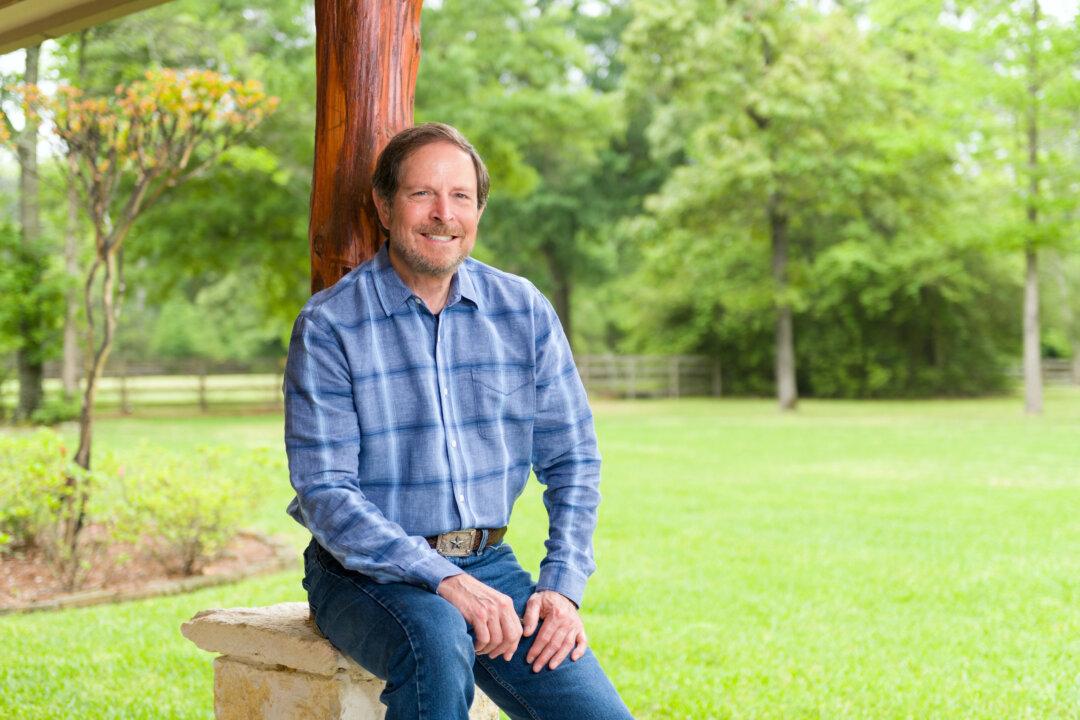Death by cancer is one of those ominous threats that hovers over many people. Cancer has been a leading cause of death for decades. But surviving the disease can be brutal as well.
If caught early enough, the abnormal cell growth that characterizes cancer can be isolated and removed. But the disease often spreads silently throughout the body, and once an advanced case is finally found, it may be very hard to treat.






